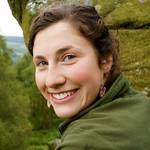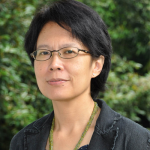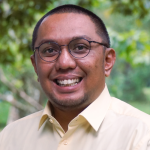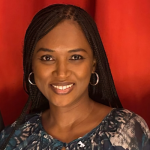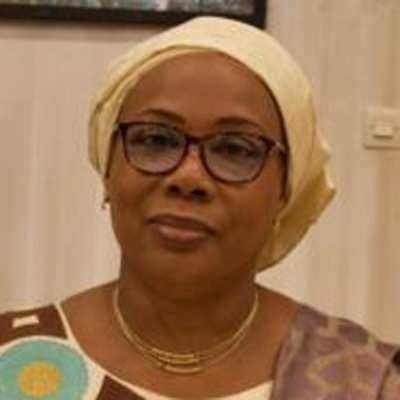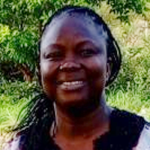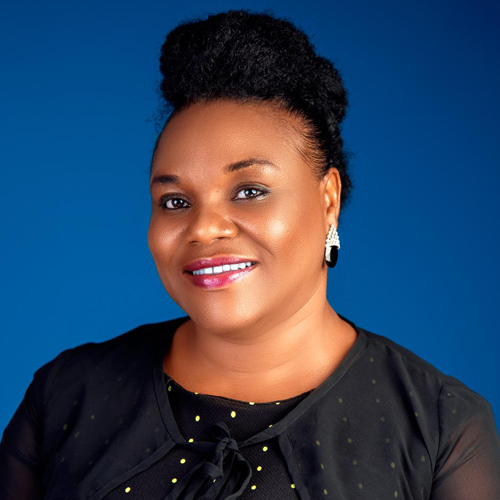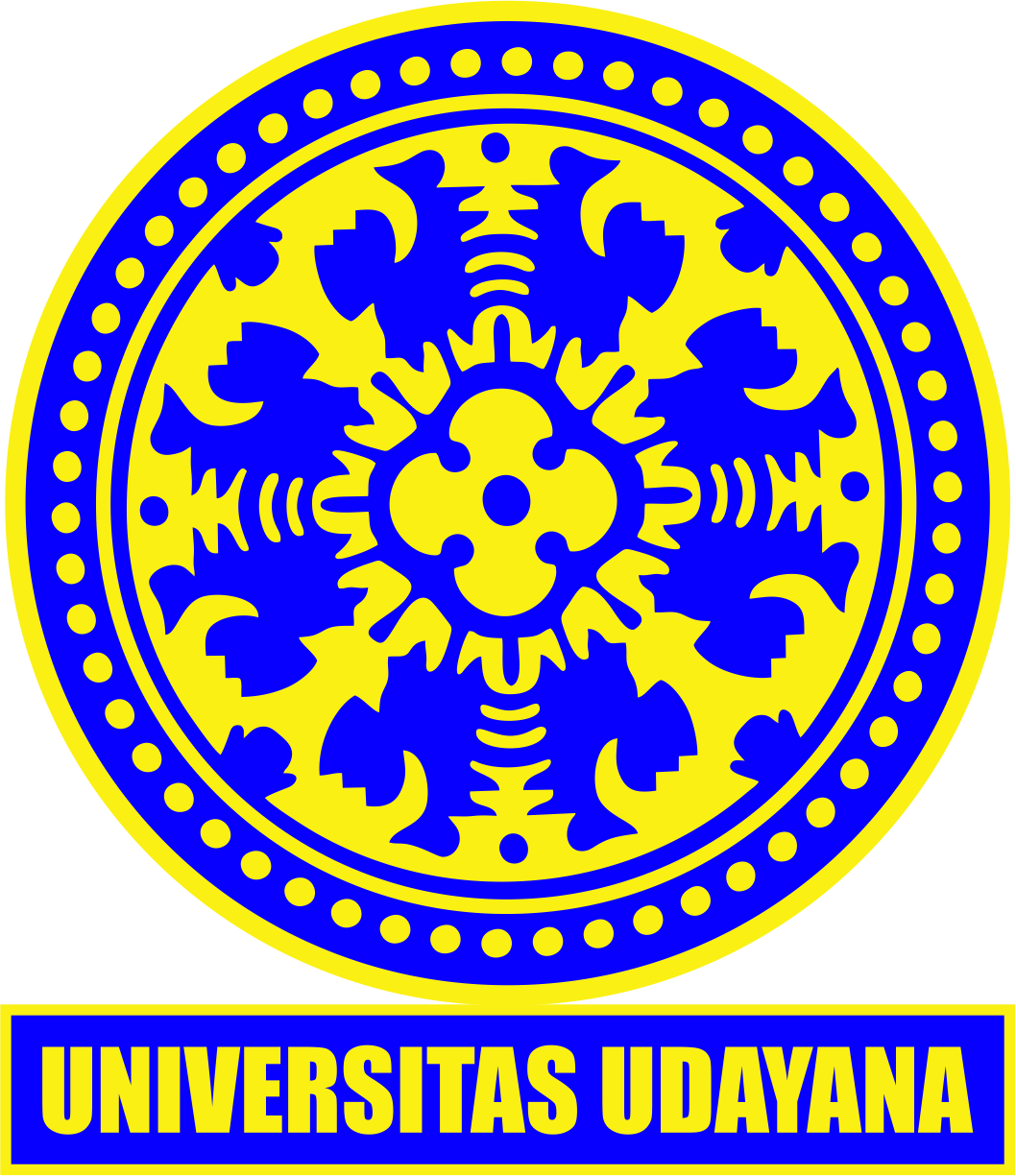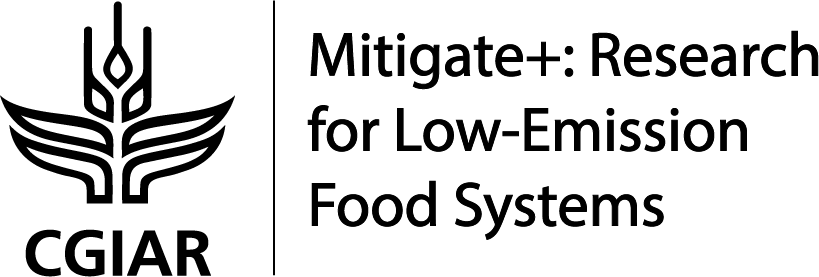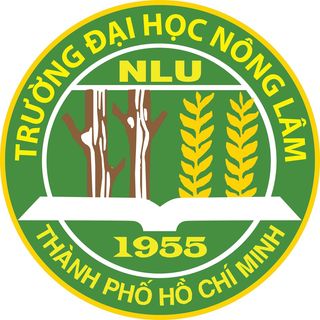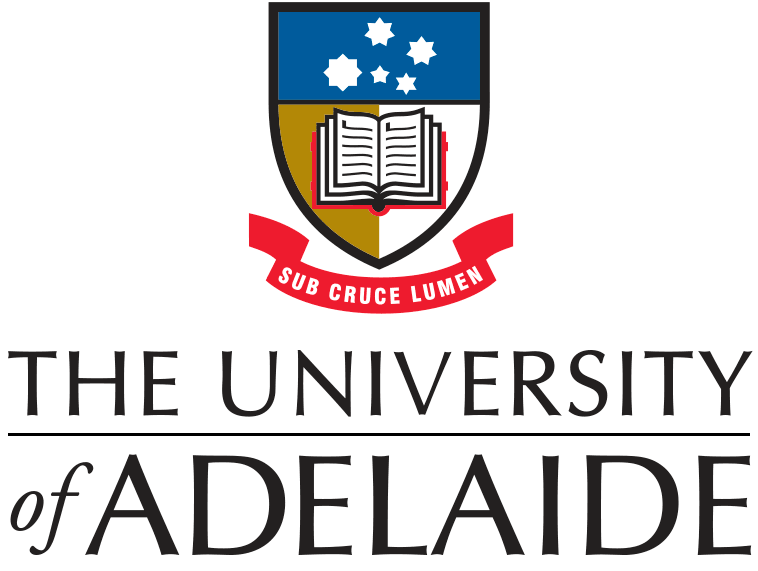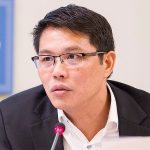
Dendrochronology, the study of tree rings, is one of the least developed scientific fields in Africa. However, it has recently gained momentum. In response, the African Tree Ring Network (ATRN) was launched to promote tree ring research and foster a vibrant network of dendrochronology experts across the continent, while ensuring that this knowledge is effectively transferred to policymakers. ATRN now has members from 32 countries and continues to expand rapidly.
LEARN MORE DENDROECOLOGY LABORATORIES
Workshop Objective
The main objective of this workshop is to facilitate knowledge exchange and deepen our understanding of how African forest ecosystems function in the face of climate change. We will also address emerging research questions and challenges related to forests, forest ecosystems, and associated scientific fields across the continent. By bringing together African and international tree ring scientists, as well as experts in wood anatomy, stable isotopes, artificial intelligence, and ecological modeling, this workshop aims to promote an integrated assessment of forest management, restoration, and global change ecology to help build resilient ecosystems.
Expected Outcomes
- Take stock of the development of tree ring science on the continent, including methodologies and available facilities;
- Consolidate the use of tree ring-based data within the scientific community and beyond, particularly in the fields of forestry, agroforestry, climate change, paleoecology, and ecosystem modeling;
- Identify critical knowledge and capacity gaps related to climate, ecology, and the environment, and propose programs and initiatives that address these needs in the African context;
- Develop a policy brief to promote the use of tree ring science in African universities and research centers, ensuring the transfer of this knowledge to policymakers.
The workshop will be hosted by CIFOR-ICRAF at the ILRI campus in Addis Ababa, Ethiopia, on November 28-29. Limited funding is available from PAGES to support a small number of early-career African scientists. To reach a wider audience, the workshop will be fully hybrid, featuring keynote addresses, panel discussions, and presentations from both invited and selected participants.
For those interested in participating in person and presenting their work, please register and submit your abstract. Abstracts should be no more than 400 words, excluding presenter contact details. Applicants seeking travel support should also submit a one-page CV and a list of publications related to tree rings.
























